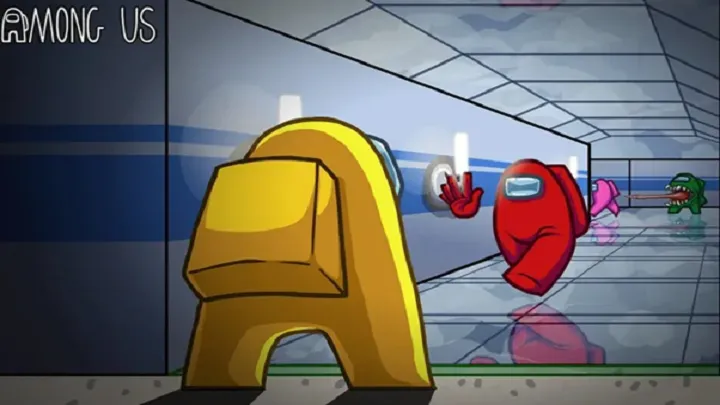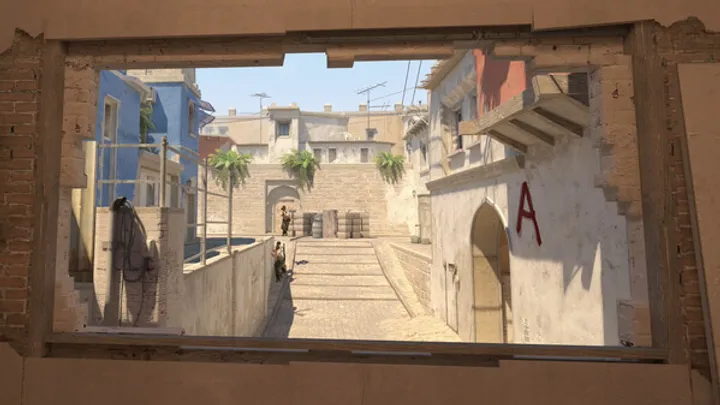Secret Neighbor: Hello Neighbor Multiplayer is a tense social deception game where teamwork and suspicion collide. A group of children tries to rescue their friend from the Neighbor’s basement, but one player secretly disguises as the Neighbor. This creates thrilling matches full of mind games, strategy, and betrayal. However, learning how to succeed—whether as a child or as the Neighbor—requires understanding core mechanics, psychology, and tactics. This detailed guide provides a complete “how to” breakdown for mastering Secret Neighbor, helping you improve gameplay, build trust, and outwit opponents.
How to Understand the Basics of Secret Neighbor
Before diving into advanced strategies, you must understand the fundamentals. Children must work together to find keys scattered around the house and unlock the basement door. Meanwhile, the Neighbor disguises as one of them, sabotaging progress and capturing players. The round ends when children rescue their friend, escape, or the Neighbor eliminates the team.
Understanding these win conditions is essential. As a child, your goal is teamwork and survival. As the Neighbor, your mission is deception and disruption. Recognizing these two opposing objectives sets the foundation for how to play effectively.
How to Play Effectively as a Child
Children rely on cooperation. Every player has unique strengths depending on their class. Knowing how to maximize your role makes the difference between victory and defeat. For example, the Brave can stun the Neighbor, while the Inventor can craft helpful gadgets. Use these skills strategically instead of treating all characters the same.
Communication is the backbone of success. Keep your team informed about where you search, which keys you’ve found, and suspicious behavior you observe. A well-informed group is harder for the Neighbor to manipulate.
How to Play Effectively as the Neighbor
Playing as the Neighbor requires deception. You must blend in with the children while subtly sabotaging their progress. Don’t rush to reveal yourself—patience is key. Early in the match, help the group search to build trust. When suspicion is low, strike quickly and decisively.
The Neighbor also has abilities that enhance deception, such as disguising more convincingly or setting traps. Mastering these tools allows you to create chaos, isolate children, and eliminate them one by one without blowing your cover too soon.

How to Use Communication to Your Advantage
Communication is both a weapon and a shield. As a child, clear and honest communication builds trust. As the Neighbor, it becomes a tool for manipulation. Accusations, persuasion, and timing can shift the balance of power dramatically.
Tips for effective communication:
- As a child: report discoveries immediately
- As a Neighbor: deflect suspicion calmly
- As a group: question odd behavior but avoid chaos
Mastering how to communicate effectively ensures you can influence others, whether to unite the team or sow discord.
How to Spot the Neighbor in Disguise
Spotting the Neighbor before they strike is vital. Look for subtle clues—someone not helping with objectives, carrying suspicious items, or lurking behind others. Body language and movement patterns often reveal more than words.
However, be cautious of false accusations. Wrongly accusing an innocent player can waste time and destroy group cohesion. Balance skepticism with evidence-based suspicion.
How to Build Trust as a Child
Trust keeps the group strong. Without it, fear and chaos take over, making the Neighbor’s job easier. Demonstrating honesty and teamwork ensures your survival. Share items, stick with groups, and be transparent about your actions.
Trust-building tips:
- Stick to groups of two or three
- Show your inventory when asked
- Take initiative in finding keys
These strategies reassure teammates, reduce suspicion, and maintain momentum toward victory.

How to Deceive Successfully as the Neighbor
The art of deception defines your success as the Neighbor. Pretend to be helpful early on, suggest plans that benefit you, and occasionally defend others to appear innocent. These psychological tricks make you harder to identify.
Strike when the group is distracted or divided. Waiting for the perfect moment ensures maximum impact and often creates panic that you can exploit for further eliminations.
How to Handle Panic and Chaos
Panic spreads quickly in Secret Neighbor. When one player accuses another, the situation can escalate into confusion that benefits the Neighbor. Children must remain calm, stick to objectives, and avoid wasting time on endless debates.
The Neighbor, on the other hand, thrives in chaos. Stirring paranoia, encouraging false accusations, or creating fear by sudden attacks keeps the group from working effectively. Managing chaos, whether calming it or fueling it, is a key skill for both sides.
How to Adapt to Different Player Styles
No two matches are alike because player behavior varies. Some players are cautious, others aggressive, and some unpredictable. Adapting to these differences is vital. As a child, adjust your strategy based on team cooperation. As a Neighbor, exploit predictable players while being wary of cautious ones.
Adaptability ensures you are not caught off guard. The more you learn to read others’ behavior, the better you can adjust your tactics in real time.

How to Win Consistently
Winning in Secret Neighbor isn’t about luck—it’s about mastering psychology, communication, and timing. Children must cooperate, trust wisely, and keep objectives in focus. The Neighbor must deceive, manipulate, and strike strategically. Both sides require patience, observation, and adaptability.
Consistent victories come from experience. Every match teaches new lessons about trust, human behavior, and tactical play. Over time, you’ll learn how to predict actions, manage suspicion, and outwit opponents effectively.
Conclusion:
Secret Neighbor: Hello Neighbor Multiplayer is more than a survival game—it’s a psychological battlefield where trust, deception, and teamwork define success. Learning how to play as both a child and the Neighbor requires mastering communication, trust-building, and adaptability. By applying the strategies in this guide, you can turn tense matches into rewarding victories, whether you’re working with friends or plotting against them. In the end, knowing how to navigate suspicion and chaos is the ultimate skill in Secret Neighbor.

















